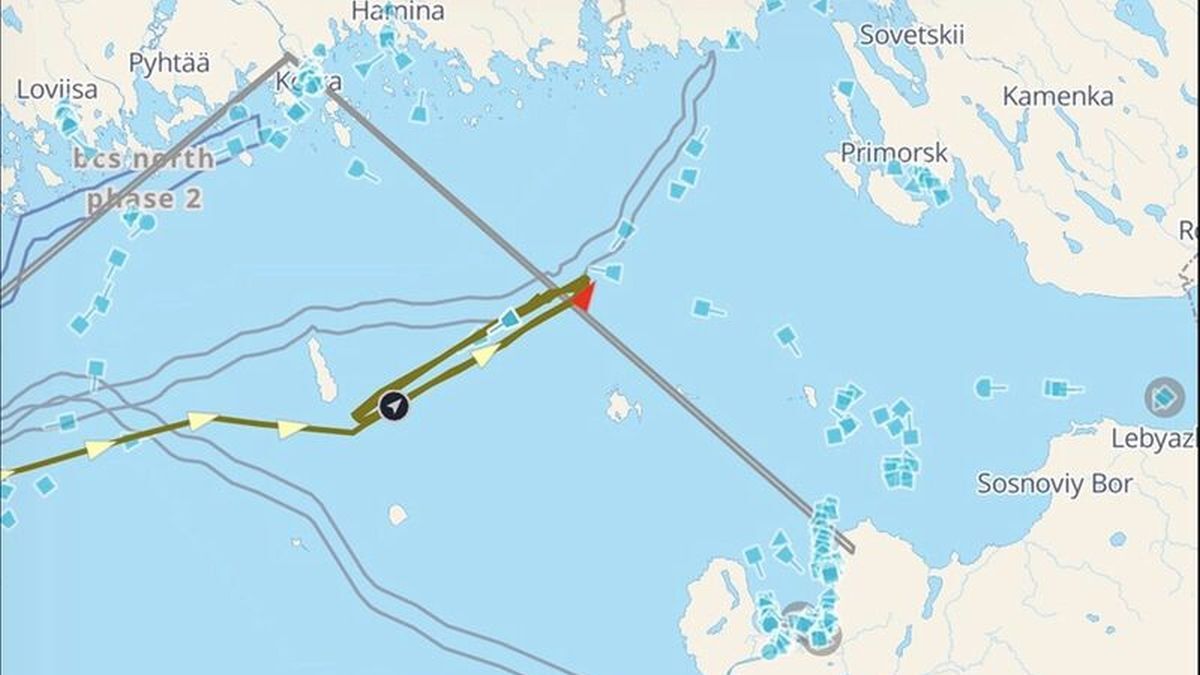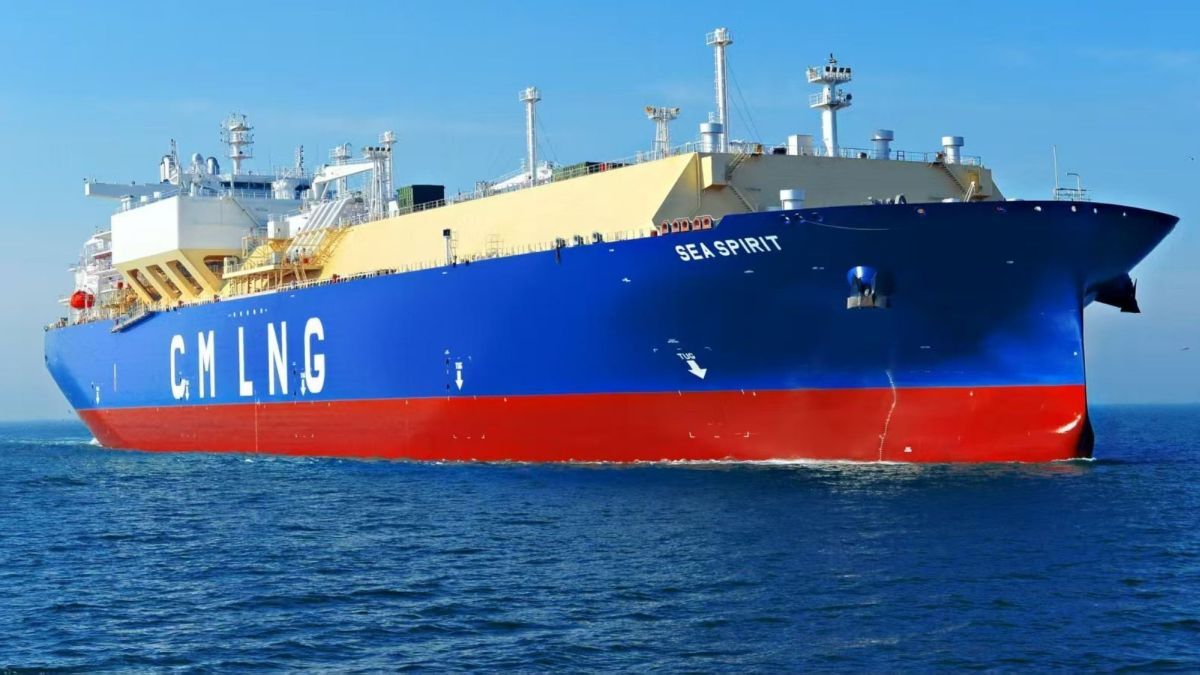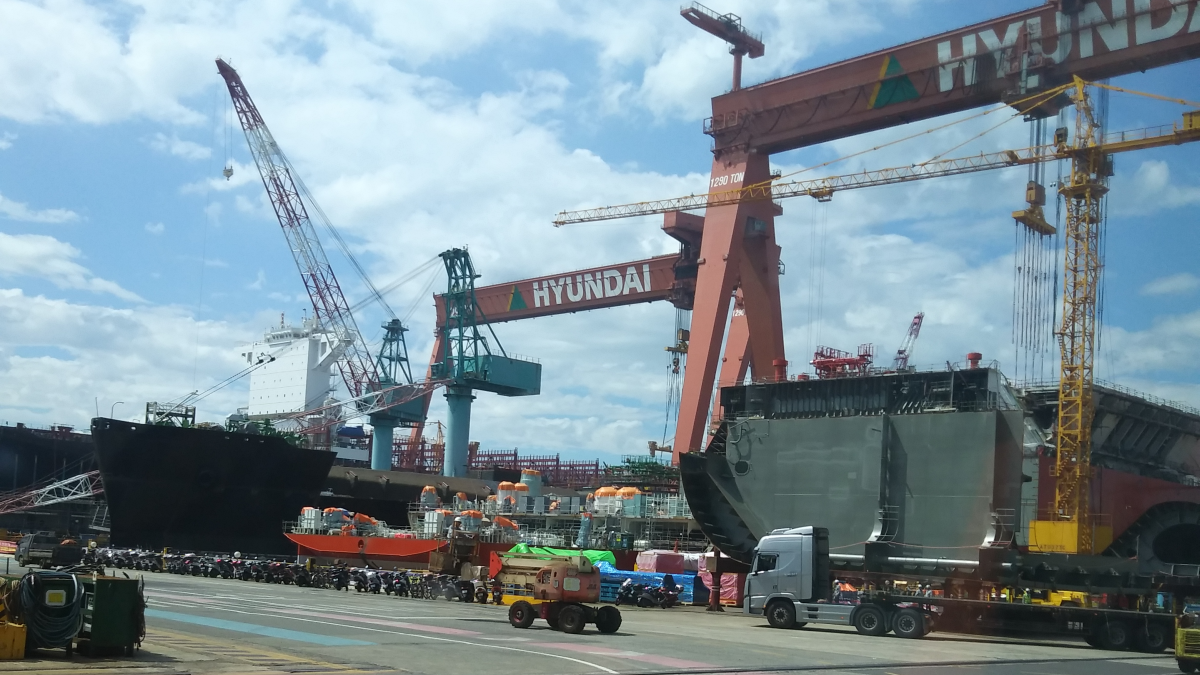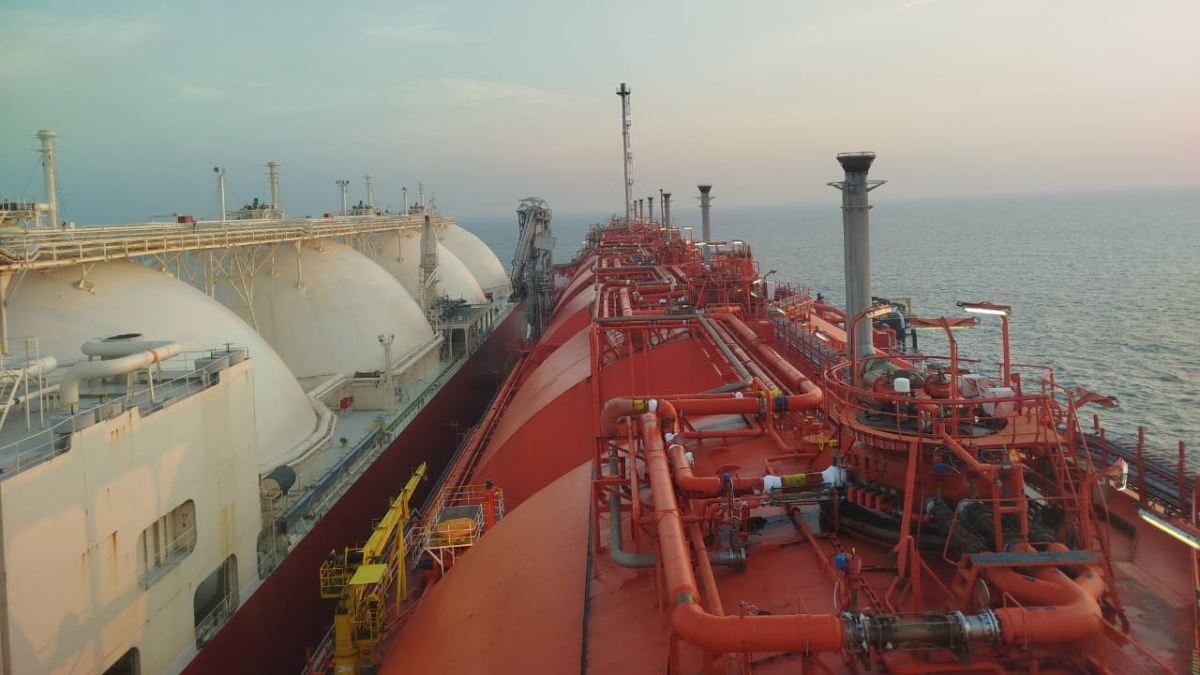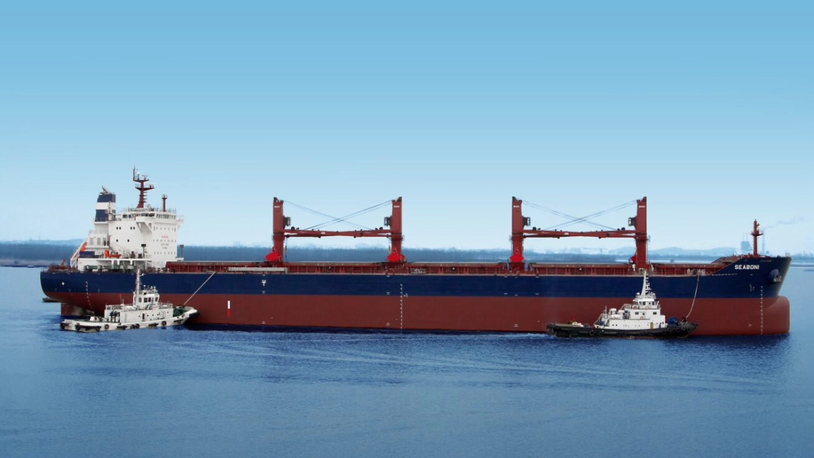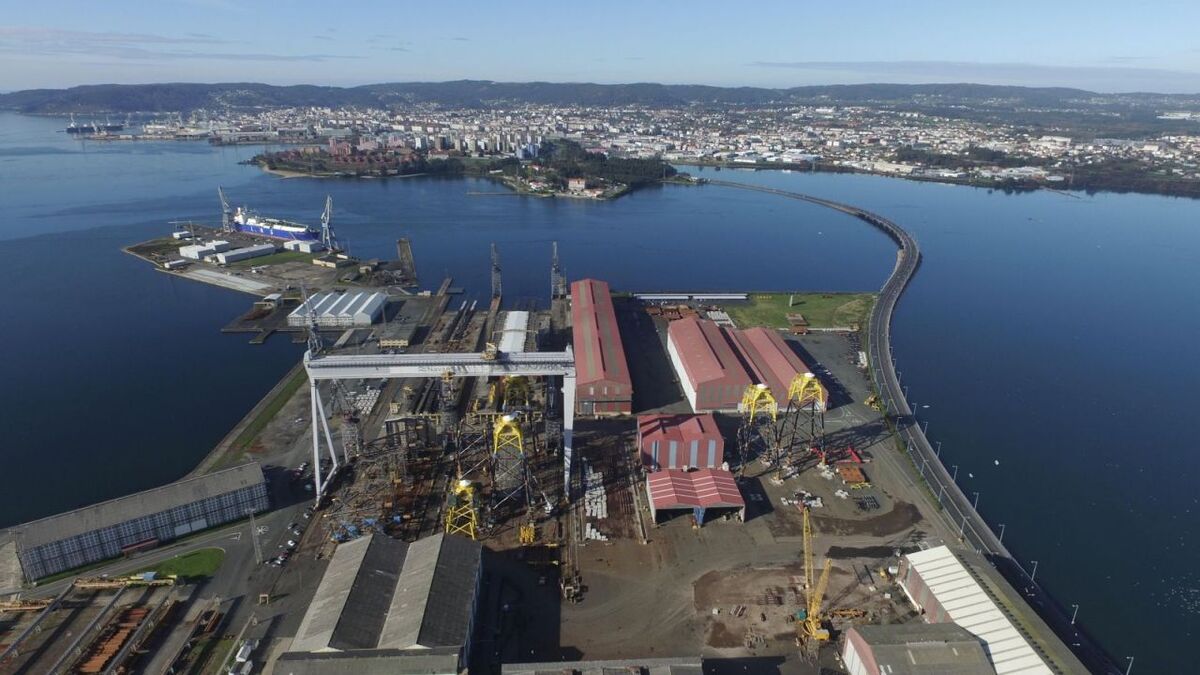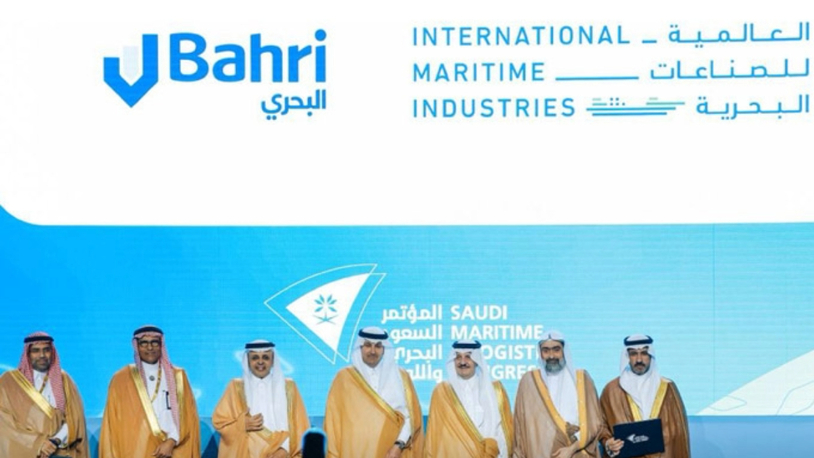Business Sectors
Events
Contents
Are sanctions on Russian oil being relaxed?
In a bid to understand the potential outcomes from sanctions-related decisions in the EU, UK and US, Poten & Partners analysts say tanker rates hang in the balance between geopolitical tensions and Western compromise
During the six months since Russia invaded Ukraine, the United States, the United Kingdom and the European Union have announced multiple rounds of sanctions targeting the Russian Government, Russian companies and specific individuals. Every new round of sanctions was stricter and more comprehensive than the previous one.
Arguably, the most significant set of sanctions was announced 4 June 2022. On that date, the EU released its 6th Sanctions Package, which included the long-awaited ban on seaborne oil imports from Russia (pipeline exports are excluded). This ban is to be implemented late 2022 for crude oil and early 2023 for petroleum products. It was accompanied by a prohibition on providing insurance for the transportation of oil and petroleum products from Russia. The addition of the insurance ban was the kicker. It has major potential implications for the oil and tanker markets. This was not virtue signalling. These sanctions were going to have a material impact on Russian oil exports.
However, since the EU sanctions package was announced, other countries have pushed alternative proposals or taken a step back in their support. Even the EU itself has found it necessary to ease some of the restrictions. What is going on?
As we discussed in a previous tanker opinion, the insurance ban did give the latest EU sanctions package real teeth, since the global marine insurance market is dominated by companies based in the EU and the UK. An insurance ban could impact up to 90% of the world’s oceangoing tonnage, including a significant portion of the global tanker fleet. This would severely restrict Russia’s ability to export its oil.
However, when the EU announced its insurance ban, it expected the UK to follow suit and co-ordinate the efforts to clamp down on the Russian oil trade. This has not happened so far. The British Government has not introduced similar insurance restrictions and without the participation of the UK marine insurance industry, the EU ban may be much less effective.
Why did the UK not follow the EU, as they previously intended to do? Maybe the UK Government got sidetracked by the political upheaval surrounding the resignation of its prime minister? It is more likely that the UK’s reticence to tighten the sanctions on Russia has to do with a fear of rising oil prices and tightening global energy supplies. The country is already facing high inflation and a deteriorating economic outlook.
The EU itself also tweaked its sanctions to allow European companies to transact with certain Russian state-owned entities, including Rosneft, Russia’s largest oil producer and exporter. The EU will allow European entities to get involved in transporting Russian oil to third countries, “to avoid any negative consequences for global energy security”.
While this seems like a significant reversal, the insurance ban stays in place. To quote the Norwegian P&I Club Skuld, “While a shipowner subject to the jurisdiction of the regulation may be able to lawfully transport the products, an insurer subject to its jurisdiction will not be able to insure that trade. Most of the clubs that comprise the International Group (IG) are subject to the jurisdiction of the EU. All IG Clubs, including those that are domiciled outside the territory of the EU, rely on a reinsurance programme that is heavily dependent on the participation of reinsurers that are domiciled within the EU.”
So, maybe the UK reluctance and the EU relaxation of sanctions will not really impact the effectiveness of the sanctions?
What could change the Russian export landscape is the American idea, pursued through the G7, of a price cap on Russian crude. Under this plan, Russian oil can only be bought at levels slightly above production cost (well below world market prices). Buyers that pay at or below the price cap for Russian oil will be exempt from the insurance ban. The objective is to keep the oil flowing, reduce the upward pressure on oil prices, while at the same time limiting Russia’s oil revenues. For the price cap to be successful, China and India (Russia’s largest clients) have to support it and the Kremlin needs to co-operate as well (ie keep the oil flowing). So far, oil and shipping analysts are skeptical that this plan can be successfully implemented and enforced.
Where does that leave the tanker market? Since the invasion, owners have benefited from higher rates. Recent developments seem to indicate Western countries are willing to compromise to keep the oil flowing. That, in combination with continuing geopolitical tensions, should keep rates elevated.
Tanker Shipping & Trade Webinar Week will be held from 13 September 2022. Register your interest and access more information here
Related to this Story
Events
Offshore Support Journal Conference, Americas 2025
LNG Shipping & Terminals Conference 2025
Vessel Optimisation Webinar Week
© 2024 Riviera Maritime Media Ltd.


![Ursula von der Leyen (European Commission): "The [EU] Council should now be able to finalise a ban on almost 90% of all Russian oil imports by the end of the year" (source: European Commission) Ursula von der Leyen (European Commission): "The [EU] Council should now be able to finalise a ban on almost 90% of all Russian oil imports by the end of the year" (source: European Commission)](https://dvzpv6x5302g1.cloudfront.net/AcuCustom/Sitename/DAM/123/eu-president-ursula-von-der-leyen-strassbourg.png)
